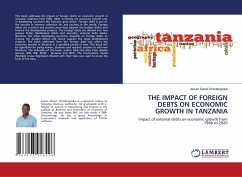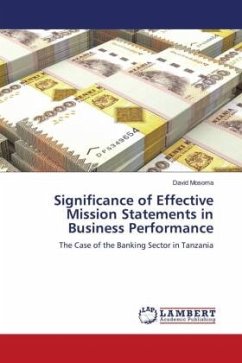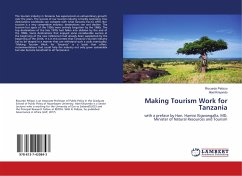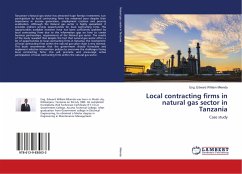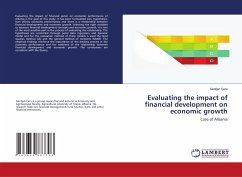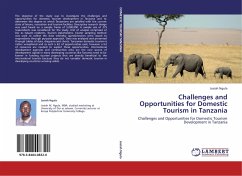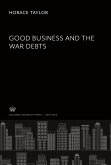This book addresses the impact of foreign debts on economic growth in Tanzania: evidence from 1988 - 2020. Currently, the economic growth rate in developing countries like Tanzania goes down. Foreign debt is one of the sources in revenue collection for any country in the world. Foreign debts are crucial in any country since they support the budget deficit and finance the development projects. The foreign debts are divided into two groups firstly; Multilateral debts and secondly; external debt stocks. Tanzania, like other developing countries, depends on foreign debts to finance the budget deficit and hence support the large development projects. This book addresses how the foreign debt can affect the economic growth in Tanzania in a specified period of time. This book will be significant for policy makers, students and research scholars to add new literature. The strengths of this book, author takes the data from reliable sources (IMF, WB, MoFP - Tanzania and BOT). The Econometric model (Multiple Linear Regression Model) with their tests was used to prove the facts of the data.

